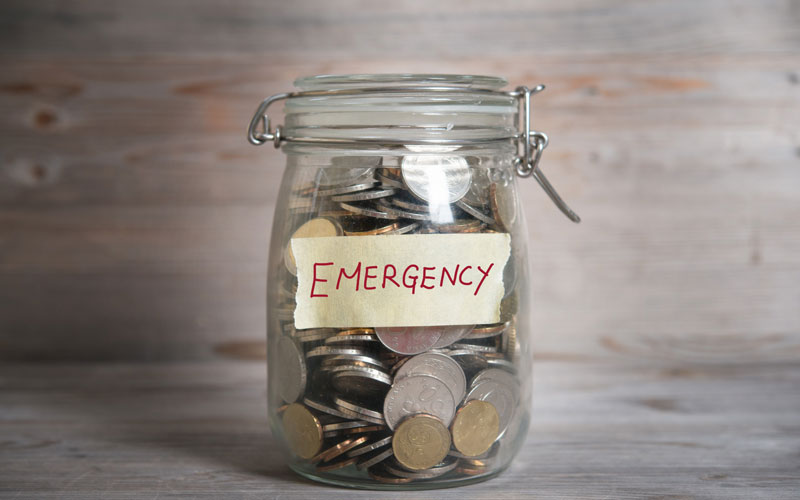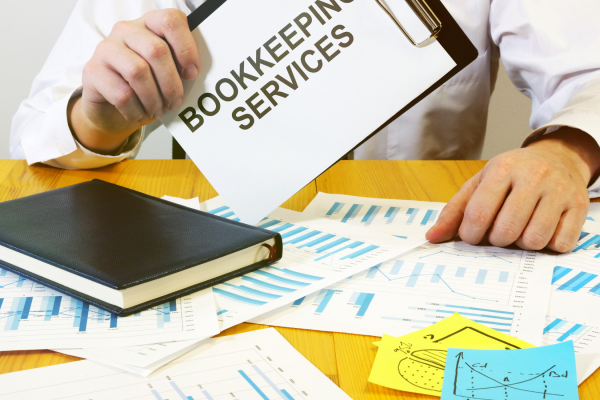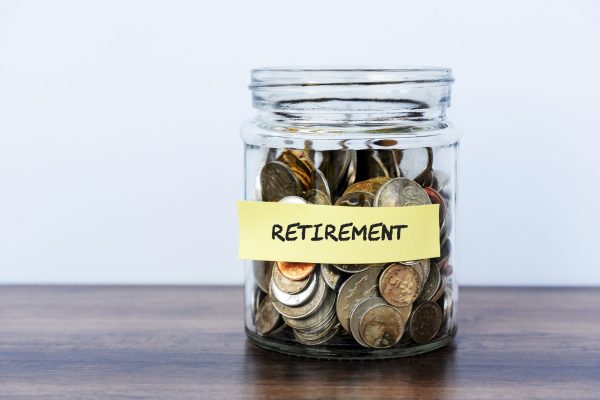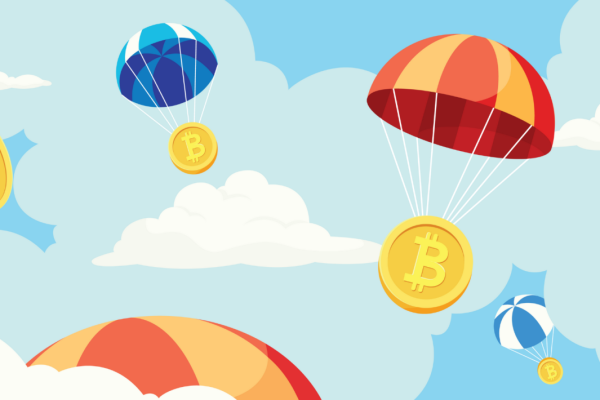It’s almost impossible to feel like you have enough money. There’s always another bill to pay, another meal to buy–it’s easy for a paycheck to disappear in the blink of an eye.
When you do earn a bit of extra money, common sense says to stash it away in your emergency fund savings. After all, you never know when a situation will pop up that requires you to have a bit more cash than usual.
Unfortunately, your savings account is likely to see quite a bit of use. You may only need to dip in for small amounts–maybe you had to miss a few days of work and need a little help making rent.
What about more serious cases, though? There are several situations that might eat through your whole emergency fund savings. Read on to learn ten of the most common reasons people lose their savings.
Table of Contents
1. Car Accident
This is one of the more common items on this list. Most people will be involved in a car accident at some point in their life; while a minor fender-bender shouldn’t cost you too much, a bigger accident can be expensive.
The average car accident, with no serious injuries, can cost almost $9,000. If someone is injured, the price will go up significantly.
On top of that, if your car is totaled, you’ll need a new one. While insurance can help, you’ll likely be paying for a good chunk of your new vehicle out of pocket.
2. Sudden Illness
A debilitating illness can cause you to miss a lot of work, resulting in a much smaller paycheck. Even so, a temporary sickness shouldn’t eat into your savings too much–long-term medical issues are a different story, though.
Cancer and other major illnesses have costly treatments that your insurance may not cover. Conditions like diabetes may require medication and monitoring equipment that add to your existing expenses.
3. Job Loss
Losing your job can cripple your finances; even if you have enough in your savings account to cover a few months of living expenses, paying for food and other necessities will quickly drain your funds.
To make things worse, it’s hard to get loans and other financial aid when you’re unemployed. It may also be difficult to find a new job that pays enough to cover all of your expenses.
Job hunting isn’t a quick process, either–you’ll likely go without work for weeks as you put in applications and go through interviews.
4. Veterinary Bills
Medical bills aren’t just for people–our furry friends need to visit the doctor on occasion, too. If you’re only visiting for a standard checkup, you shouldn’t have much to worry about; if your pet is sick, things can get pricey.
Your pet may need blood work or other costly tests. Depending on what’s wrong, you may need to pay for shots or medication. Most people don’t have pet insurance to help with these costs.
5. Death of a Loved One
Few things are as devastating as the loss of a spouse. Not only is the emotional toll enormous, but it may also mean the loss of a significant portion of your income.
There are also expenses linked to such major life events. In this case, funeral bills can devastate your savings account.
Many people also see a therapist or grief counselor after suffering such a loss. While this step is often necessary, it’s also expensive.
6. Natural Disasters
Any number of disasters can have a direct impact on your emergency fund savings. If you live in a coastal region, flooding and tropical storms can destroy your property in minutes.
Earthquakes can also devastate your home and belongings, costing you thousands to recover. Fires, tornadoes, and more all have the potential to cause major damage.
Such disasters might also affect your job; if your office floods, you won’t be able to go to work, which means you won’t be collecting pay.
7. Disability
Not all medical expenses are the result of illness. You might suffer a serious injury–possibly as a result of a car accident or one of the natural disasters mentioned above.
If your injury is severe enough that you’re temporarily disabled, you’ve got two things to worry about. First of all, there are the expensive medical bills; second, there’s the recovery time before you can work again.
Injuries that result in permanent disability may complicate things further. If your job requires a level of physicality that your new disability prevents, you may be without a job as you adjust.
8. Home Renovation
As a homeowner, you have to make the occasional home repair. Ideally, you can avoid making serious renovations until you have money set aside for it; sometimes, though, you need to fix a major problem right away.
If a storm or accident damaged your home, you might have to spend your emergency fund savings on the repair. Issues with your roof or siding are especially important to fix as fast as possible.
9. Relocating
Getting a new job is always exciting, but sometimes the transition is difficult. This is doubly true if your new position requires you to relocate. You’ll need a new place to live, plus a way to transport your belongings.
Selling your current home is a great way to get fast cash for your move. For tips on selling your home quickly, check out this guide.
10. Lawsuits
Of all the items on this list, a lawsuit is probably the one you’d least expect. Most people think of lawsuits as something that rich people and corporations have to deal with. The truth is, anyone can face a lawsuit.
If your dog gets loose and bites someone, you could face a lawsuit; you could also be sued for breach of contract. Regardless of the reason, lawsuits are expensive to deal with, even if you win.
Watch Your Emergency Fund Savings
Keeping a healthy amount of money in your emergency fund savings is important, but it’s not always possible. Too often, an unexpected emergency arises that forces you to spend your savings.
If you’re worried about your current cash flow, getting a new job might help. Visit our job blog for ideas on finding new employment or getting that promotion you’ve been craving!





